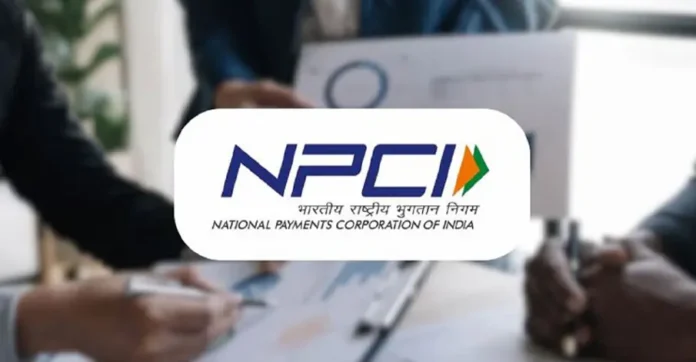
The National Payments Corporation of India (NPCI) has posted a 42% surge in its surplus after tax — equivalent to profit — reaching ₹1,552 Cr in the financial year ended March 2025, up from ₹1,095 Cr in FY24, as per data from credit rating agency ICRA.
Operating revenue also climbed 19% year-on-year to ₹3,270 Cr, compared to ₹2,749 Cr in the previous fiscal. This sharp rise in surplus was attributed to an improved PAT margin, which increased to 47.5% in FY25, up from 39.8% a year earlier. However, NPCI’s operating margin slightly declined to 48.7% from 53.1% in the same period, according to ICRA.
Although NPCI functions as a not-for-profit organisation, it records its net earnings as “surplus” rather than “profit.”
The organisation continues to maintain a zero-debt profile, with no outstanding borrowings as of March 31, 2025. Its net worth has now grown to ₹6,412 Cr, driven entirely by internal accruals. The company also holds a solid liquidity buffer, with ₹2,288 Cr in cash and equivalents.
Fueled by growth across core payment products such as UPI, RuPay, NACH, and CTS, NPCI processed 21,360 Cr transactions in FY25 — a 33% increase from the previous year. NPCI earns fee-based income tied to settlement volumes across these platforms.
The institution’s Settlement Guarantee Fund (SGF), a financial cushion to manage settlement risk, stood at ₹17,892 Cr at the end of the fiscal year, including ₹2,695 Cr allocated specifically to Bharat Bill Payment System (BBPS).
As of May 2025, NPCI had 65 shareholders including a mix of public and private sector banks, foreign institutions, and co-operative banks. It operates under the Reserve Bank of India’s classification as a System Wide Important Payment System (SWIPS).
ICRA has reaffirmed NPCI’s short-term credit rating at A1+ and increased its rated bank facility limit from ₹12,500 Cr to ₹15,000 Cr.
Can NPCI Face Disruption?
Despite the strong financials, ICRA highlighted potential vulnerabilities in NPCI’s business model, noting that its revenue stream is heavily reliant on digital transaction volumes — a metric sensitive to regulatory shifts and economic trends.
The agency cautioned about the possibility of new entrants entering the retail payments space. “While NPCI currently benefits from being the only key player for the clearing and settlement of transactions in multiple retail service segments in India, there is no regulatory restriction on the entry of a new player. The entry of new players in any of the segments where NPCI is currently operating could impact its market share and/or profitability,” ICRA noted.
That said, substantial barriers to entry remain. “Regulatory approvals for operating in each segment, the proprietary nature of the dealing systems and the well-established IT and risk management systems of the company further provides it with competitive advantage,” the agency added.
In 2019, the Reserve Bank of India had initiated a proposal under the New Umbrella Entity (NUE) framework, aiming to foster alternatives to NPCI and encourage competition in digital payments. However, the project was eventually shelved due to a lack of compelling applications.





